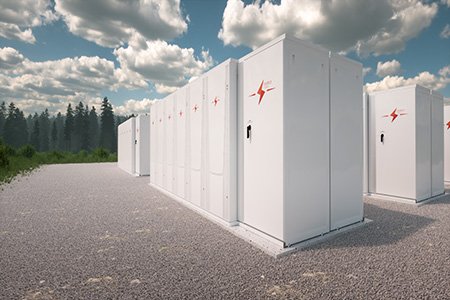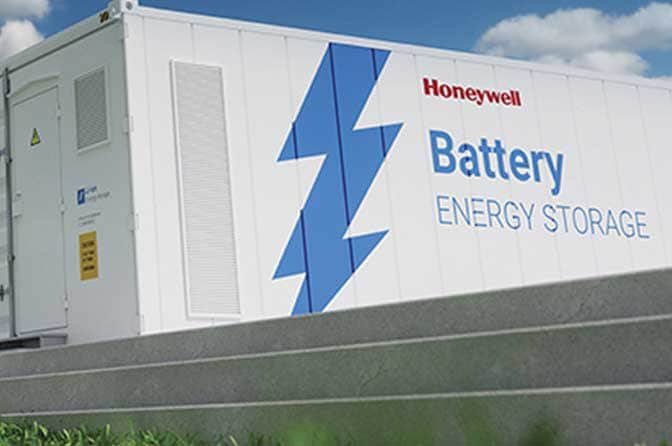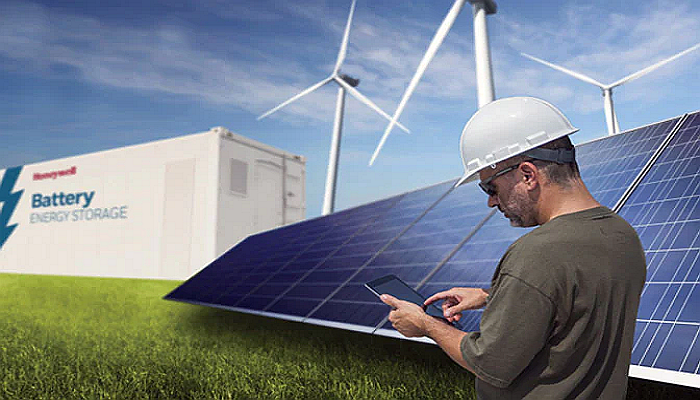
Honeywell has introduced a new flow battery technology that works with renewable energy sources like wind and solar to address the need for long-term energy storage.
The innovative flow battery employs a non-flammable electrolyte that transfers chemical energy to electricity in order to store energy for later use while achieving utilities’ environmental, lifespan, and safety goals.
Honeywell’s innovative technology can store and discharge power for up to 12 hours, outlasting lithium-ion batteries, which can only discharge for 4 hours. The battery is made of recyclable materials and will not deteriorate over time. It preserves system performance, ensuring a dependable and cost-effective system for the next 20 years.
Duke Energy will put the flow battery technology to the test at its Emerging Technology and Innovation Center in Mount Holly, North Carolina. This company is implementing an aggressive clean energy plan, with targets of reducing carbon emissions by half compared to 2005 levels by 2030 and reaching net-zero emissions by 2050.

In 2022, Honeywell will deploy a 400-kilowatt-hour (kWh) unit to Duke Energy’s Mount Holly plant. If the battery is deployed at scale, it will lessen Duke Energy’s reliance on fossil-fuel power plants by harnessing solar and wind.

These renewable energy sources are becoming increasingly cost competitive with traditional fossil fuels, accounting for more than 70% of new power output. Honeywell intends to launch a utility-scale prototype project of 60 megawatt-hours in 2023.
Reference- Honeywell website & Online Newsroom, Science Alert, Popular Mechanics, PV-Magazine






